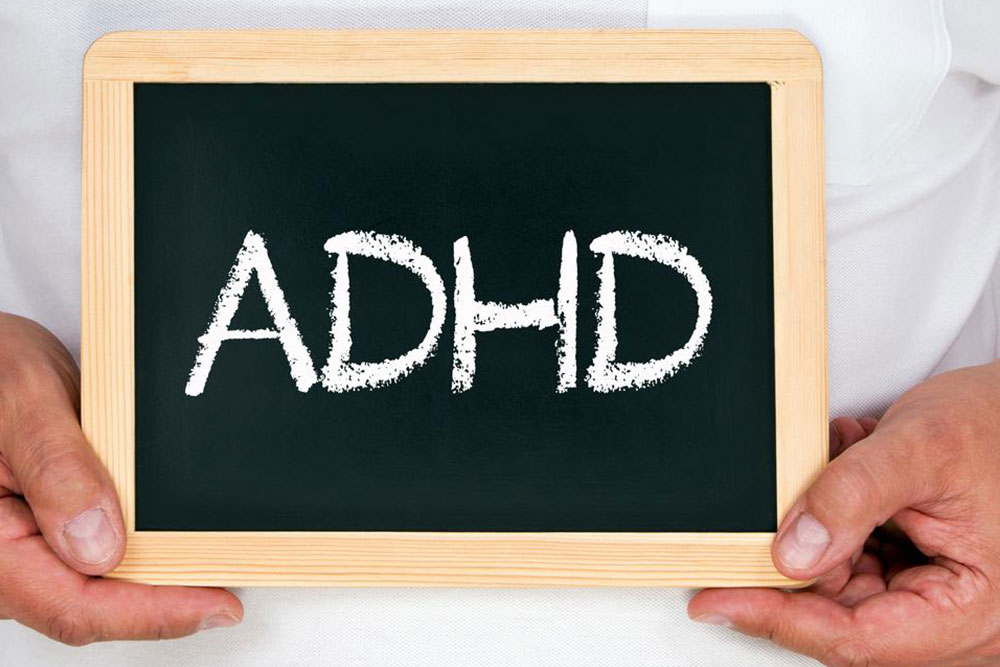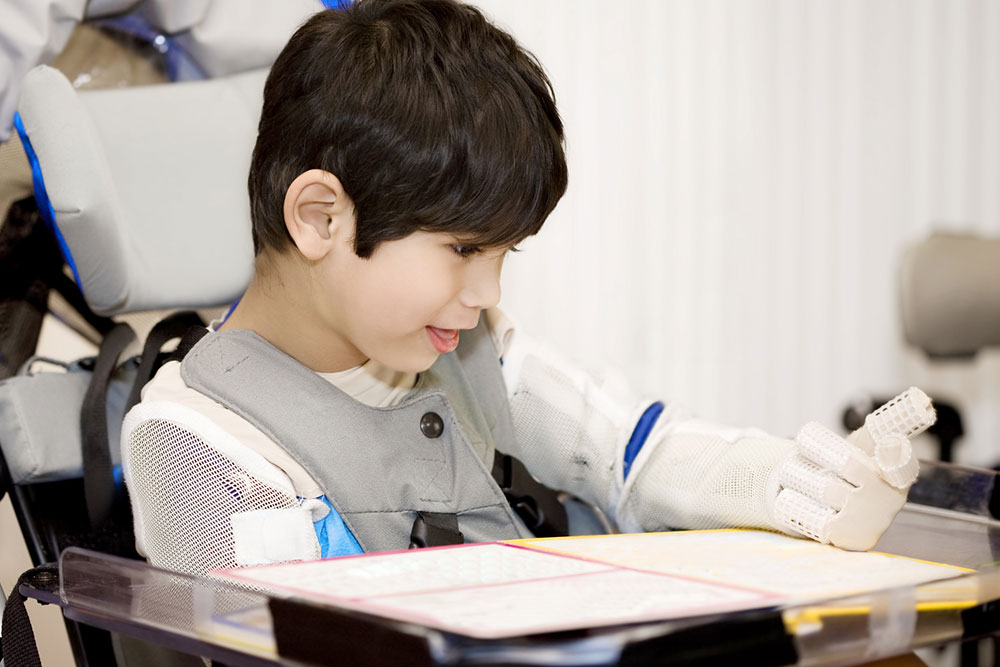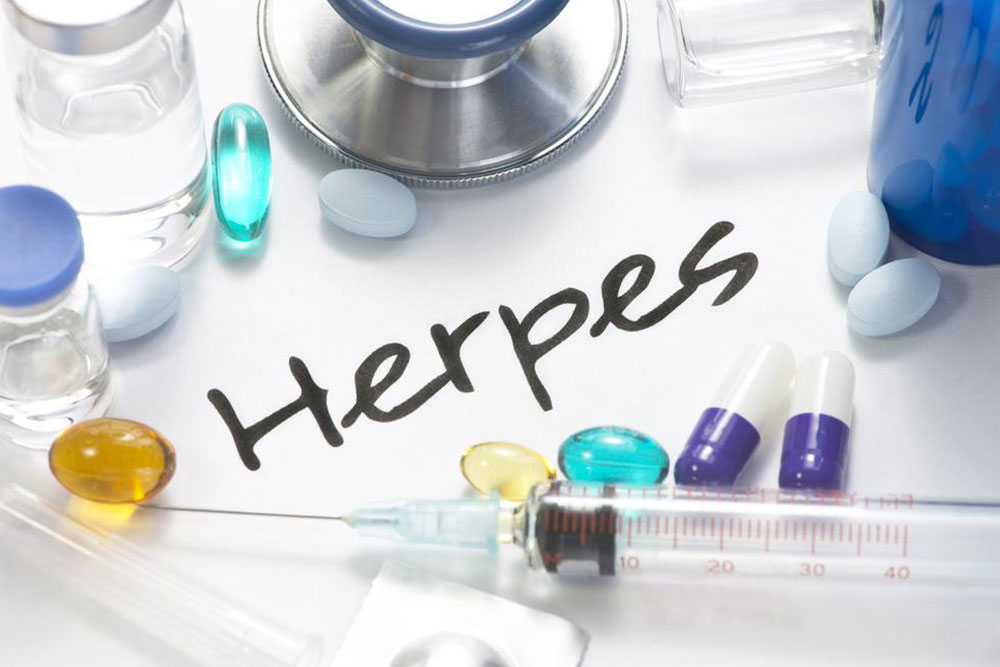Recognizing the 12 Key Signs of Adult ADHD
This article highlights twelve common signs of adult ADHD, including hyperfocus, distractibility, disorganization, and emotional challenges. Understanding these symptoms can assist in early detection and management. If you or someone you know exhibits several of these indicators, consulting a healthcare professional is recommended. Proper support and therapies can help adults lead healthier, more organized lives despite this condition.

Adult Attention Deficit Hyperactivity Disorder (ADHD) is a neurological condition that can impact both mental well-being and daily functioning if not properly managed. It can affect relationships and work performance, making awareness crucial. According to the American Psychiatric Association, 5% of children have ADHD, with nearly half carrying it into adulthood. While some outgrow it, others continue to experience symptoms. Recognizing these signs early can lead to better management and improved quality of life. This article outlines twelve common indicators of adult ADHD, aiding in timely diagnosis and support.
Hyperfocus: Adults may become intensely absorbed in certain tasks or interests, to the point of ignoring their surroundings, which can strain relationships and work life.
Difficulty Concentrating: Those with ADHD often get easily distracted, struggle to pay attention, and have trouble following conversations or details.
Disorganization: Chronic disarray in daily routines and environment is common among adults with ADHD, making life feel chaotic.
Poor Time Management: Challenges in organizing tasks, managing schedules, and prioritizing can hinder productivity.
Memory Problems: Forgetting daily activities or previous events is frequent, indicating significant memory lapses.
Emotional Challenges: Feelings of frustration, boredom, or depression may arise due to ongoing disorder and difficulties in personal life.
Impulsivity: Acting without considering consequences, interrupting others, or engaging in socially inappropriate behaviors are typical.
Negative Self-Image: Repeated failures and criticisms can lead to low self-esteem and confidence issues.
Lack of Motivation: Difficulty completing tasks or pursuing goals because of short attention span and procrastination.
Restlessness and Anxiety: Constant movement, agitation, and difficulty relaxing are common symptoms.
Fatigue: Irregular sleep and hyperactivity often result in tiredness and low energy levels.
Relationship Problems: Difficulties in listening, impulsivity, and boredom can cause conflicts and strain personal connections.
If you notice several of these signs, consulting a healthcare professional is advisable. Proper treatment, organizational strategies, and emotional support can help adults live balanced and fulfilling lives with ADHD.










